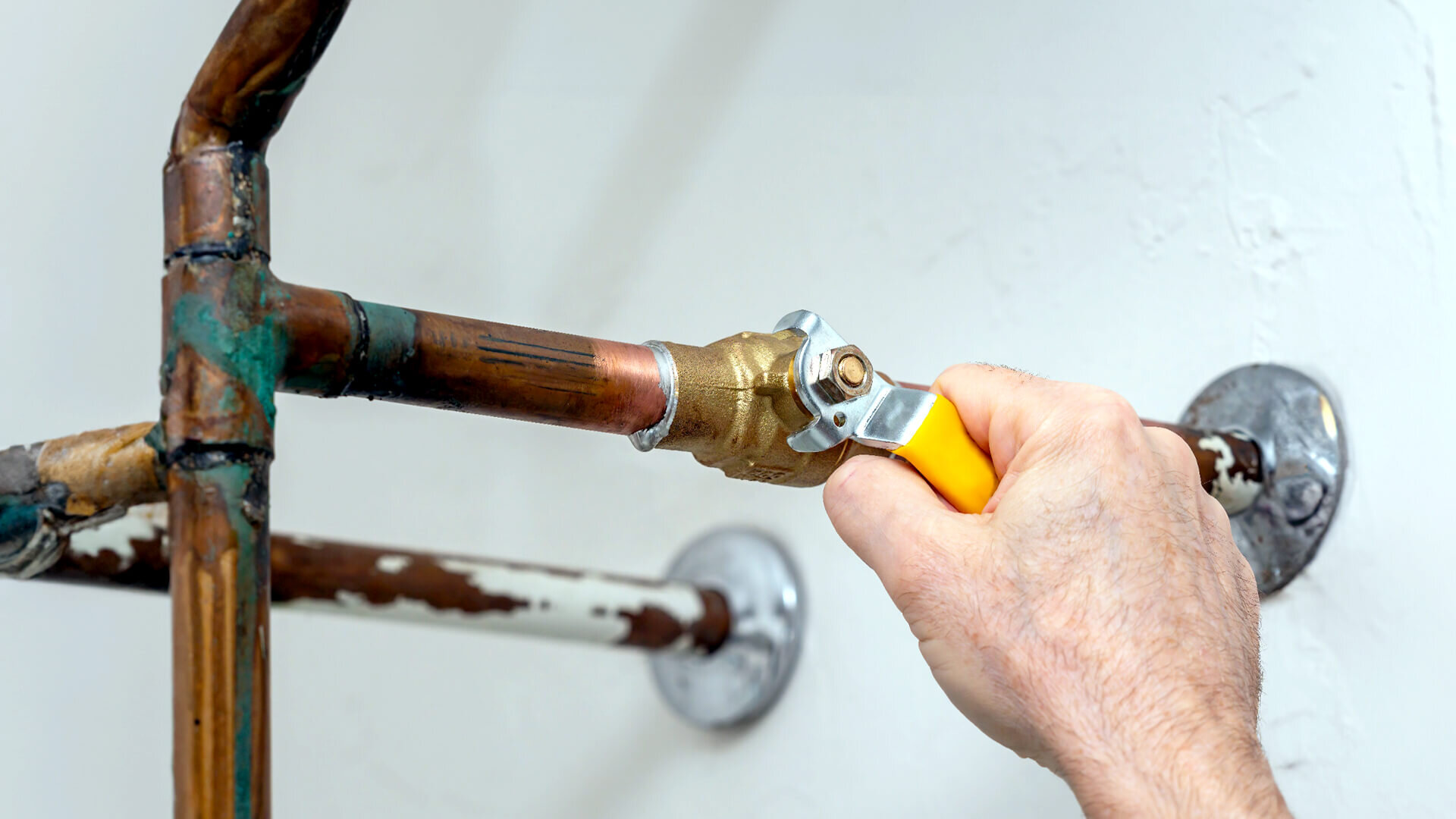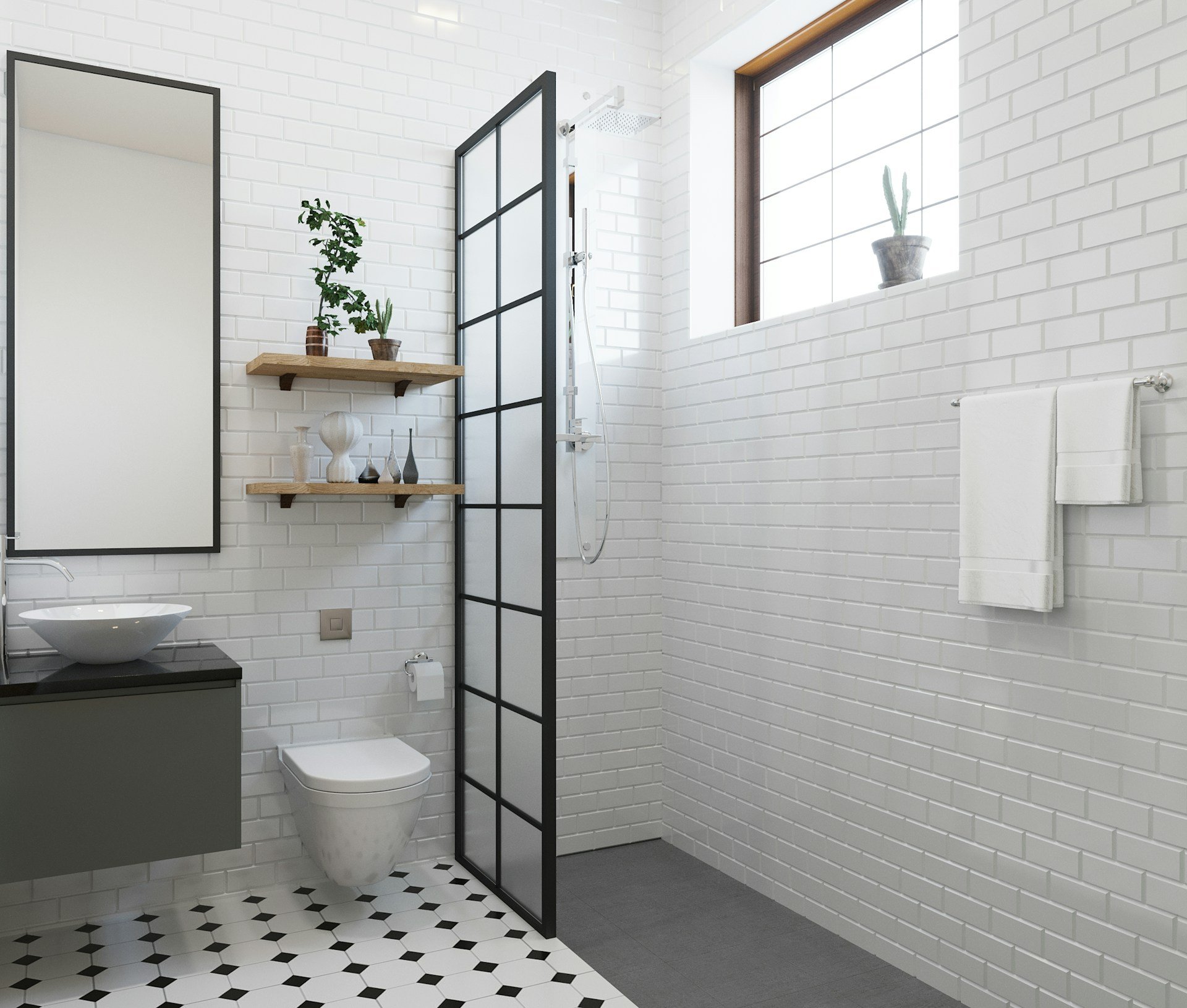Beginner's Guide to Bathroom Plumbing: Essential Guidelines
Beginner's Guide to Bathroom Plumbing: Essential Guidelines
Blog Article
Do you find yourself on the lookout for critical information involving Plumbing Tips for New Homeowners?

For new homeowners, understanding and keeping washroom pipes can save both money and time by stopping expensive concerns down the line. Right here are some important washroom pipes tips to aid you keep whatever running smoothly.
Plan For Winter
Safeguard your pipes from freezing throughout winter by insulating pipelines in unheated locations like basements, attic rooms, and garages. During extreme cool, let cold water drip from taps served by exposed pipelines to help stop freezing.
Arrange Regular Maintenance
Consider organizing annual assessments with a licensed plumbing professional. They can find concerns that you might miss out on, such as covert leakages or damage on pipes and components. Regular maintenance helps prolong the life of your pipes system and can prevent emergencies.
Acquaint Yourself with the Main Shut-Off Valve
Recognizing where the primary water shut-off shutoff lies in your home is vital. This allows you to rapidly switch off the water supply in case of significant leakages or throughout plumbing emergencies, stopping extensive water damage.
Regularly Examine for Leaks
Tiny leaks can cause large issues. Routinely inspect under sinks, around commodes, and near pipes fixtures for any indications of leakages. Try to find moisture, little drips, or corrosion. Capturing and fixing leakages early can protect against more severe damages and conserve water.
Keep Your Hot Water Heater
Guarantee your hot water heater is readied to an appropriate temperature (normally about 120 levels Fahrenheit) to stop hot and lower power use. Flush the tank annually to remove sediment buildup, which can reduce the efficiency and lifespan of your heater.
Upgrade Your Fixtures
If your home has older fixtures, consider upgrading to much more efficient models. Modern bathrooms, showerheads, and faucets are developed to use less water while providing good stress, which can dramatically reduce your water costs and ecological impact.
Be Cautious with DIY Plumbing Services
While it's alluring to take care of all home fixings by yourself, be cautious with plumbing. Some concerns could need expert competence, particularly if they involve major water lines or sewage system repair services. Employing a professional can sometimes be more cost-efficient than do it yourself, especially if it prevents more damage.
Don't Ignore Slow Drains Pipes
If your sink or tub is draining gradually, it's frequently a sign of an obstruction developing. Addressing this very early can stop a complete blockage. Make use of a plunger or a plumbing's snake to remove debris. Avoid making use of chemical drain cleansers as they can damage your pipelines with time.
Know What Not to Flush
Bathrooms are not garbage disposals. Prevent flushing anything aside from toilet tissue and human waste. Things like wipes, feminine hygiene products, and cotton bud ought to be disposed of in the garbage to avoid clogs and drain backups.
Mount Strainers in Drains
Place filters in your sink and bathtub drains pipes to catch hair and various other debris prior to they enter your plumbing system. Cleaning up the filters on a regular basis will help stop accumulation and maintain water moving freely.
Final thought
Understanding and maintaining your home's washroom pipes can protect against many common problems. By adhering to these necessary tips, you can ensure your bathroom stays useful and effective, conserving you time and money over time.
5 Plumbing Tips for First-Time Homeowners
Know How to Shut Off the Water
In most homes, the water can be shut off at two places: at the appliance or fixture itself, and for the whole house. For instance, look under your sink or behind the toilet. See those little knobs that connect with the pipes? Those are the shut off valves for those fixtures. Simply turn them until the water is off. The main shut off valve (which controls water throughout your entire home) will be outside, where the water feeds into the structure. You might need a dedicated tool, such as a water shut-off key, to shut off the water at the main.
Build an Emergency Plumbing Kit
Everyone knows how important it is to have a high-quality plunger around the house. But there are other things that can help you out when issues arise with the pipes. Building an emergency plumbing kit to solve issues on your own is part of any list of basic plumbing tips. Consider adding these things to create a basic plumbing kit:
Adjustable wrench Tongue-and-groove pliers Screwdrivers Plumber’s tape Pipe sealant Duct tape Set of hex keys Clip light for working under cabinets Auger and hand snake Do a Little Research
Many small leaks can be handled by replacing a small part of the piping system, tightening part of a faucet, or even changing out an aerator. Take the time to browse how-to articles for common plumbing problems, such as a running toilet or slow-draining sink. You might be surprised to find how easy it can be to do simple things yourself, like replace a valve in the back of the toilet.
Keep it Simple With No Chemicals
If you have a clog, you might be tempted by the promises of liquid drain cleaner. While this might work at first, it actually causes more damage deep in the pipes, eventually creating even more problems down the road.
Instead, try using baking soda and vinegar to create a strong fizzing effect that can help break up clogs and clear gunk from drains. Follow it with boiling water to clean the pipes even more thoroughly.
Take Care of Your Garbage Disposal
Be cautious about what you put down the disposal. Avoid pouring in fats, oils, and grease, as these are a surefire way to get a clog. Beware of certain foods too, such as celery or bones, as they can lodge in the works. Always run the disposal with water flowing.
https://modernize.com/homeowner-resources/other/10-plumbing-tips-for-first-time-homeowners

Visit My Site Report this page